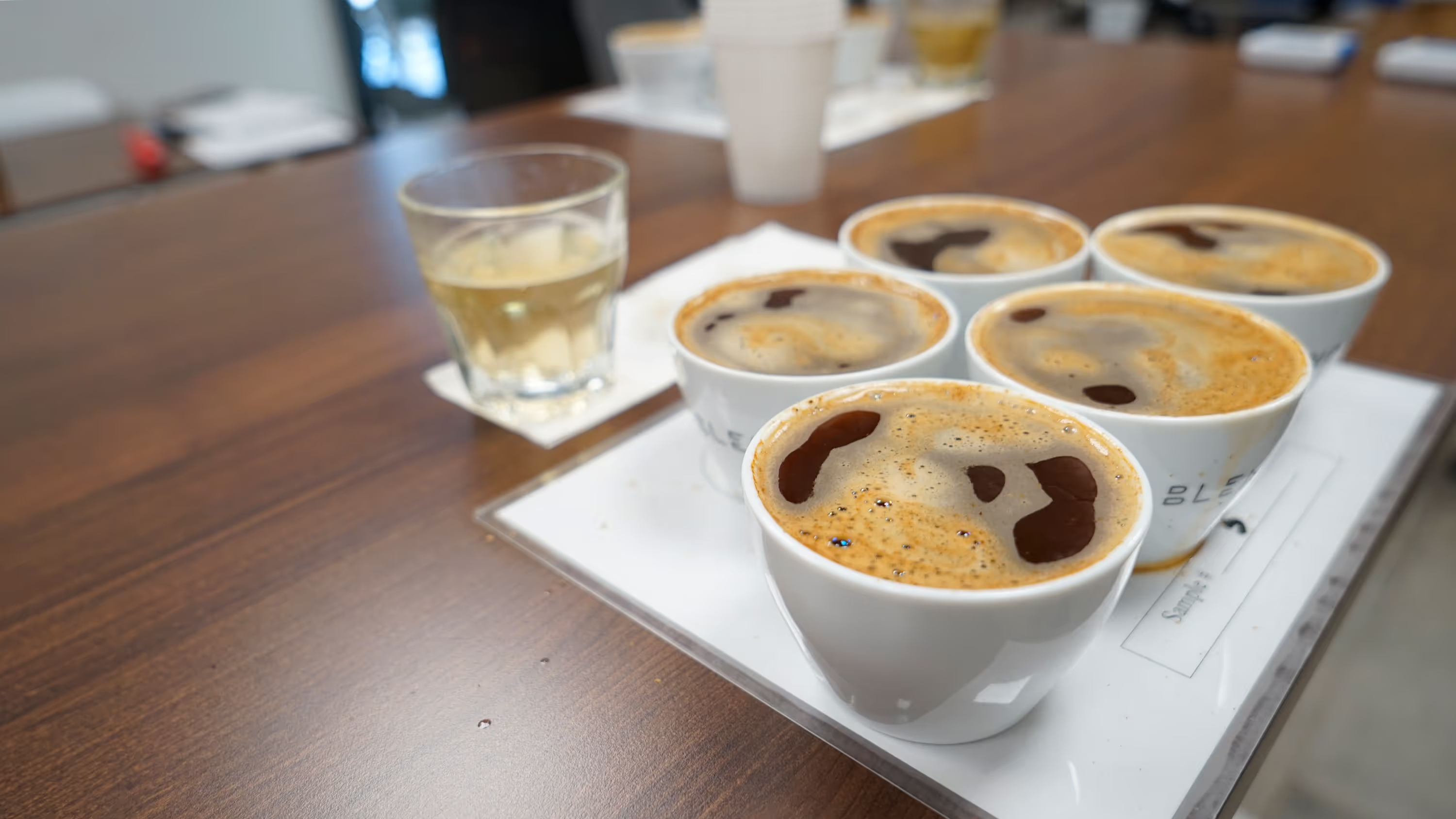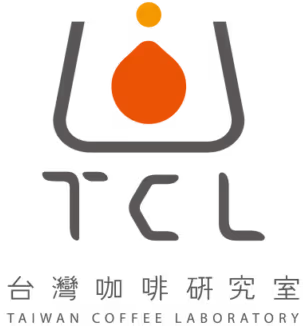

Since 2020
TCL is excited for the opportunity to better serve the local producers and aspiring coffee professionals in Taiwan through its role as an ICP.
TCL's mission is to promote the specialty coffee industry in Taiwan through technical services, education, and training. Since its founding in 2013, the company has provided professional courses and certification services for CQI, SCAA, SCAE, ACE, SCA and more. It has also organized and hosted several coffee reviews and evaluations for Taiwan's municipal governments and central government alike.
TCL's founder, Krude Lin, is a savvy businessman and a certified Q instructor. Under his leadership, TCL has hosted Q Arabica, Q Robusta, and Q Processing courses and translated documents, exams, and lectures into Chinese for CQI. TCL also coordinated CQI's launch and testing of its pilot Q Processing program in Taiwan in 2017.
CQI's Q Program offers a platform for coffee professionals to talk about coffee and a common standard with which to evaluate coffee quality. TCL has been championing the professionalism of Q graders in Taiwan, helping to foster public confidence in their roles as judges and gatekeepers of good coffee. TCL believes CQI's Q program is most effective when the laymen can also appreciate its integrity and value.
TCL helped the local producers in Taiwan obtain the island's first Q coffee certification in 2013 by sending the coffee to SCAA, CQI's then ICP in America. It has since sent out 48 others coffees for Q grading with various overseas ICPs. Becoming an ICP itself means Taiwan Coffee Laboratory can now better serve the interests of the producers by providing Q grading services locally without the risk of overseas transportation and logistical delays.